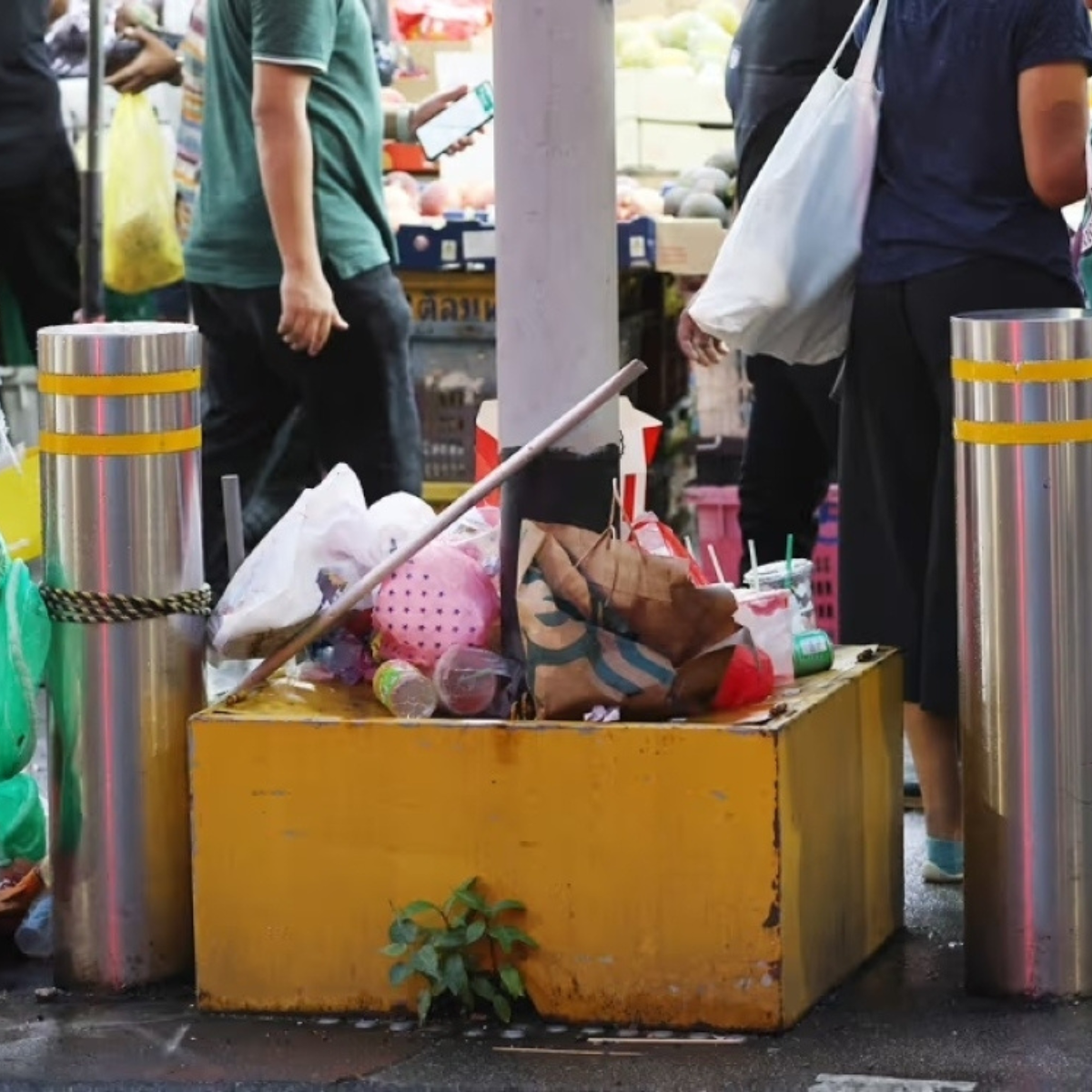KUALA LUMPUR, Jan 23 — Two foreign nationals have become the first individuals in Malaysia to be charged in court for littering under the newly enforced anti-littering law, according to a report by The Star.
CHIANG MAI, March 27 — A bright orange helicopter speeds over the jungle, releasing water onto a raging wildfire that is worsening air pollution in Thailand’s northern tourist hub, Chiang Mai.
At the helm is Chutaphorn Phuangchingngam, the only female captain in Thailand’s national disaster prevention team. With two decades of flying experience, she skillfully navigates the Russian-made chopper through thick smoke.
Forest fires are spreading across northern Thailand, contributing to the annual surge in air pollution caused by farmers burning stubble to prepare their land for the next crop. On Thursday morning, Chiang Mai recorded the sixth worst air quality among major cities worldwide, according to IQAir. The city governor has advised residents to stay indoors.
Chutaphorn explained that helicopters are essential in battling fires in difficult-to-access areas.
“We use helicopters to put out fires in remote locations, especially in mountainous terrain,” she told AFP.
Chutaphorn and her six-member crew flew over Huai Bok reservoir, collecting 3,000 litres of water per trip before heading two kilometres to douse flames engulfing more than 1.6 hectares (four acres) of land.
Northern Thailand is the latest region facing severe wildfires, following recent blazes in South Korea—experiencing its largest wildfire on record—as well as Japan and California.
While forest fires have various causes, climate change increases their likelihood by creating hotter, drier conditions that leave vegetation more susceptible to ignition.
Beyond damaging vital forests, the fires are intensifying concerns over Thailand’s air pollution crisis, which sends millions to seek medical treatment each year.
Smog Crisis
PM2.5 pollutant levels—dangerous microscopic particles small enough to enter the bloodstream—were nearly 15 times above the World Health Organization’s recommended limit in Chiang Mai on Thursday, according to IQAir.
The government imposed a ban on crop burning earlier this year to improve air quality, threatening fines and legal action against violators. However, officials admit enforcement has been ineffective.
“There are still many farmers who continue to burn their fields,” said Dusit Pongsapipat, head of the Department of Natural Disaster Prevention and Mitigation in Chiang Mai.
Danaipat Pokavanich, a clean-air advocate involved in drafting Thailand’s Clean Air Act, acknowledged the firefighting efforts but called them a “temporary fix.”
“The law alone won’t stop farmers from burning,” he said, suggesting financial incentives for sustainable farming and investment in technology to reduce the need for burning.
Until then, Chutaphorn and her team remain on standby, ready to take to the skies to battle the fires and improve air quality.
“Flying a helicopter for disaster response is different from flying passengers,” she said, noting that limited visibility poses a significant challenge.
Despite the difficulties, she remains dedicated to her childhood dream.
“I just wanted to touch the clouds,” she said after landing. “But now, all I feel is smoke.” — AFP






